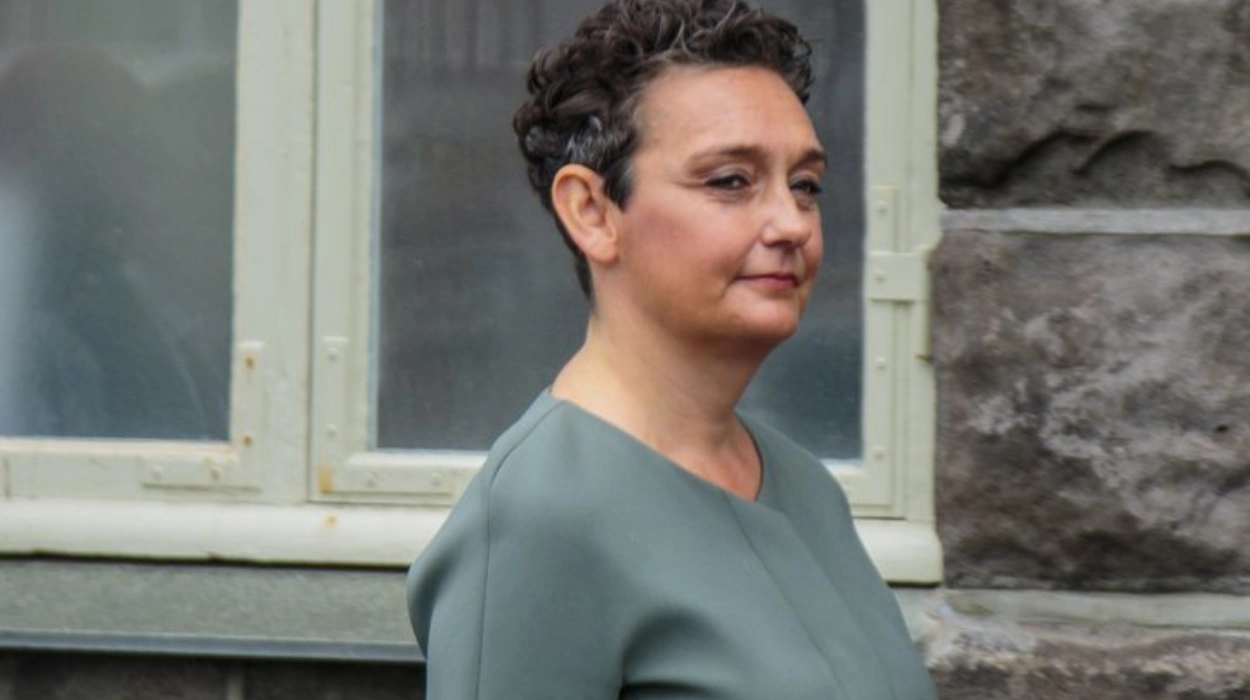Offshore finance enables individuals to shield wealth through low-tax, low-transparency jurisdictions, often complicating accountability. The case of Iceland’s Interior Minister Ólöf Nordal, linked to offshore company Dooley Securities SA controlled with her husband, highlights the intersection of political power and offshore secrecy. Although officially denied ownership, the company’s ties to Landsbanki and stock pledges reveal the complex networks that foster financial opacity. Parallelly, figures like Nir Barkat exemplify hidden wealth patterns at scale, underscoring systemic issues in global financial secrecy.
How Offshore Finance Operates
Offshore finance thrives on establishing entities such as companies, trusts, and foundations in jurisdictions with lenient regulatory oversight and minimal tax burdens. These tax havens attract assets by promising confidentiality, enabling individuals and corporations to obscure ownership and income sources. Such structures serve legitimate business purposes but can also facilitate tax evasion, money laundering, and avoidance of regulatory scrutiny, as documented by the International Consortium of Investigative Journalists (ICIJ) and financial watchdog reports.
The Nordic Political Nexus and Offshore Links
Ólöf Nordal’s appearance in the ICIJ Offshore Leaks database connects her and her husband, Tómas Már Sigurdsson, to Dooley Securities SA, registered in the British Virgin Islands a notorious offshore haven. This company’s shares were held by a Luxembourg unit of Landsbanki, a major Icelandic bank central to the 2008 financial crisis, where opaque and aggressive banking practices caused systemic collapse. In 2007, Sigurdsson pledged Dooley’s shares in an agreement with Landsbanki, which later collapsed, raising questions about the financial entanglements of political actors prior to and during the crisis.
When confronted, Sigurdsson stated that Dooley Securities was established solely to hold proceeds from unexercised Alcoa stock options and that no funds were ever transferred. Both he and Nordal claim no personal ownership of the offshore company. Such denials are common in offshore investigations, where power of attorney arrangements and nominee structures mask actual control, complicating transparency and public accountability.
Offshore Finance: A Broader Context of Wealth and Power
According to the ICIJ, over 800,000 offshore entities worldwide remain shrouded in secrecy, collectively holding trillions of dollars in wealth. Notably, the IMF has estimated that tax evasion through offshore funds costs countries $200 billion annually in lost revenue, undermining public services and economic equity. The World Bank and other watchdogs emphasize that political elites globally exploit these jurisdictions to maintain financial advantage and insulate assets from legal or political risk.
Nordal’s case is emblematic of a wider pattern where influential individuals with political and economic clout maintain offshore structures that blur lines between private wealth and public responsibility. This intersection undermines democracy and governance, especially when politicians involved in crisis-hit banking sectors or policy decisions have undisclosed offshore ties.
Ólöf Nordal Hidden wealth
Ólöf Nordal, Iceland’s former Interior Minister, appears in the Panama Papers and Offshore Leaks databases as having links to offshore finance through an entity called Dooley Securities SA, registered in the British Virgin Islands. The company was reportedly controlled with her husband, Tómas Már Sigurdsson, an executive at Alcoa. Dooley Securities was linked to Landsbanki, one of Iceland’s largest banks that collapsed in the 2008 financial crisis. Sigurdsson claimed that the offshore company was created to hold proceeds from unexercised stock options, never actually transferred funds, and that neither he nor Nordal owned the company directly. However, such offshore structures raise questions about the transparency and accountability of political figures involved with financial secrecy networks
Statistically, Iceland’s case is notable due to the disproportionately high number of public officials linked to offshore companies, with around 600 Icelanders named in the Panama Papers in a population of about 320,000 one of the highest per capita concentrations globally. This reflects a deep entanglement between Iceland’s political elites and offshore financial networks, despite the country’s painful experience of a banking collapse partly linked to risky and opaque financial practices.
The link of Ólöf Nordal to offshore finance, even if couched in denials and explanations of non-active use, exemplifies the broader challenge of politicians’ hidden wealth and offshore secrecy. It parallels exposure of other figures like Nir Barkat, who illustrate how confidential structures can shield substantial political wealth with limited public scrutiny.
Reflection: What Nordal’s Case Represents
The case of Ólöf Nordal sheds light on the opaque relationship between political authority and offshore financial secrecy. While offshore companies and trusts may have legitimate commercial uses, their misuse by public figures fosters systemic corruption and undermines governance. The concentration of wealth in jurisdictions like the British Virgin Islands, coupled with the reluctance to declare or acknowledge ownership, erodes the foundations of public accountability.
In the broader global context, Nordal’s story fits into a mosaic of financial secrecy that allows the powerful to shield assets, avoid taxes, and, in some cases, manipulate political decisions while escaping public scrutiny. This secrecy disproportionately impacts ordinary citizens by draining public resources and enabling elite capture of economic benefits.
International efforts aimed at transparency, such as beneficial ownership registries, stricter due diligence, and cross-border cooperation, are necessary but face resistance from entrenched interests. The legacy of cases like Nordal’s underscores the urgency for sustained reform in financial regulation and a cultural shift toward openness, integrity, and shared responsibility.


